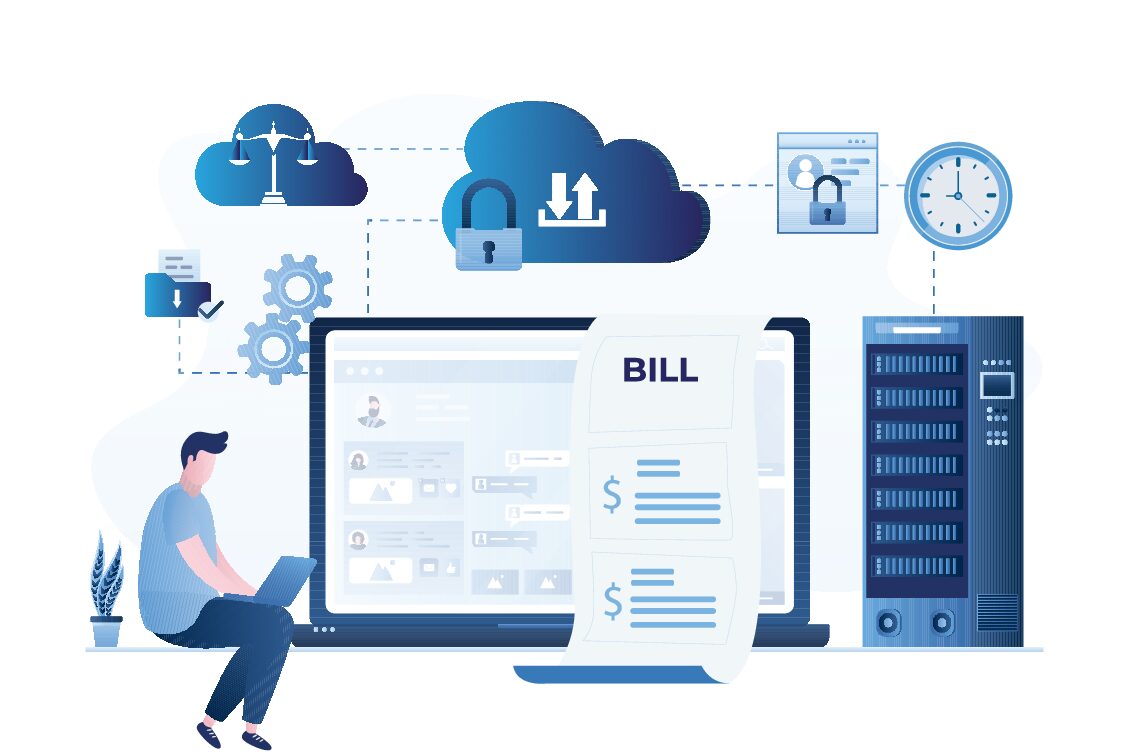Have you ever had a case that you couldn’t wait to finish? One that was so stressful, you never wanted to hear from the client again in life? Well, don’t close that door yet. In fact, swing it wide open and ask the client for their feedback. Now, put your ego to the side and listen carefully to what comes your way.
Feedback is a valuable and free resource that can help you strengthen your legal practice and improve your services for future clients. Most firms miss out on this opportunity by failing to implement a formal client input policy. But this is a mistake. Create a practice climate where appropriate communications from the client are solicited throughout the matter process. You may be surprised at how much you learn about the perception of your practice through the eyes of a client.
Pre-Representation
Most people think of feedback as an afterthought, only given once representation is completed. But this perspective misses out on an important opportunity for trust-building with the client. By having an in-depth discussion prior to the commencement of representation, you can accurately assess the interests of your client and determine the best course of action to achieve those goals. Starting a matter without client input is like taking a road trip without GPS. You may know the general direction, but you can easily get lost in the details.
During Representation
Once you start the provision of services, it can prove extremely useful to seek ongoing communications with your client. This allows for immediate feedback on steps taken thus far, as well as an opportunity to voice concerns about the process going forward. Of course, you are the attorney. It is not appropriate to let the client guide the scope of representation or make professional determinations. However, there is value in encouraging client input when appropriate.
Post-representation
After you complete a legal matter, it is extremely useful to solicit feedback from the client about their experience with your services and their satisfaction with the representation your provided. While everyone loves to receive positive feedback, there are times when the comments you receive are going to be less than complimentary. Though uncomfortable to hear, embrace these complaints as a learning experience and use them to improve your services in the future.
Encourage your clients to give honest feedback, by making them feel that their opinions are valued… even if they are not the glowing compliments you prefer to hear. This can be done through an automated email survey or a follow-up telephone call. The final meeting with the client also offers an opportunity to solicit feedback and discuss any negative responses.
Don’t let your ego or personal feelings about a client keep you from the benefits of feedback. Even negative comments have their worth, as you work to build a successful law practice with a reputation for results. I’ve said it many times before and it is still worth repeating. Effective customer service is essential to the success of any law practice. Don’t miss out on the opportunity to improve your customer service. Solicit client throughout the representation process.
About Erika Winston:
Erika Winston is a Virginia based writer with a passion for all things legal. As a former domestic relations attorney, she understands the challenge of determining the best fee structure for your practice. Erika is a regular contributor to TimeSolv and a variety of other publications.


















